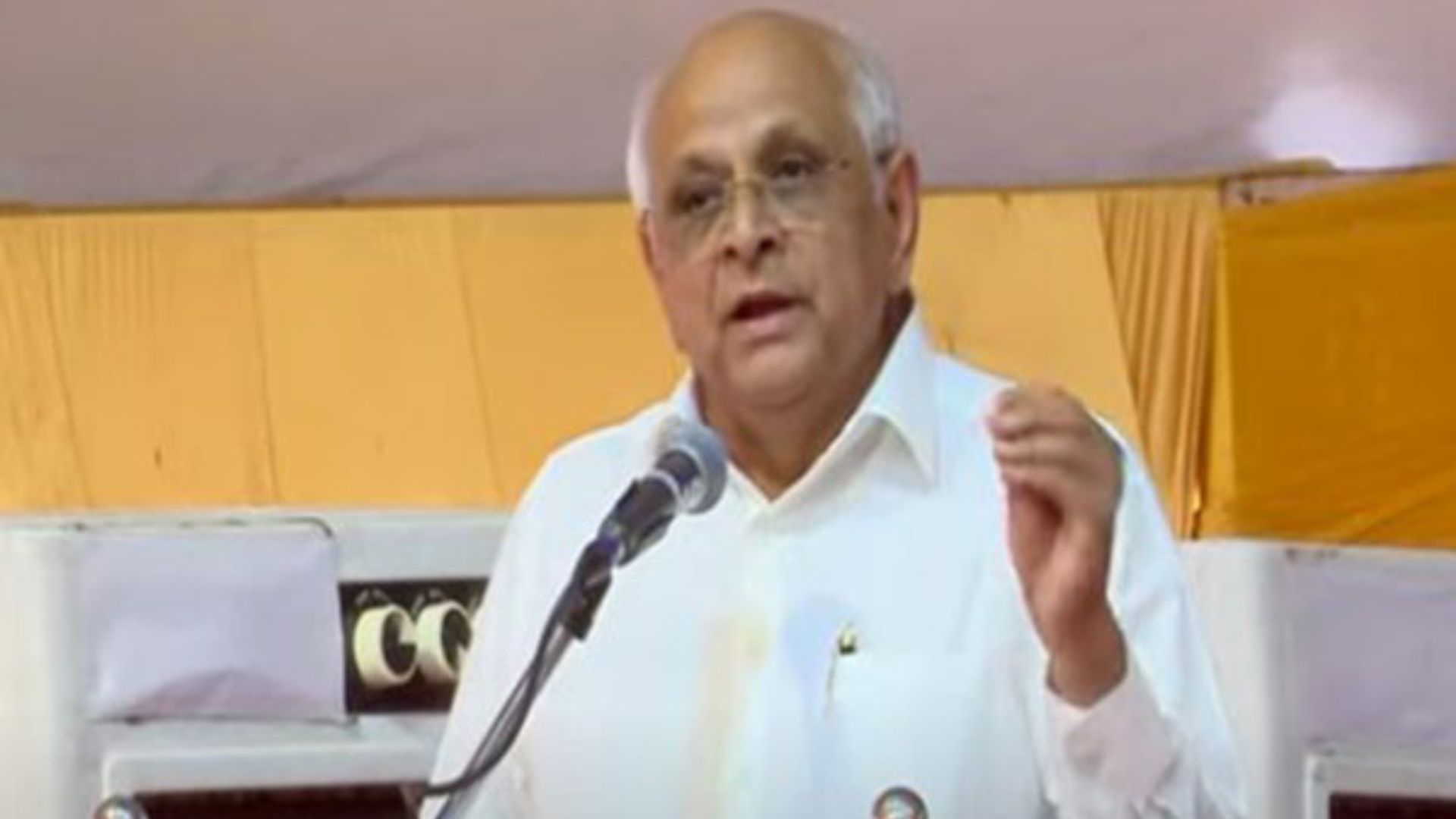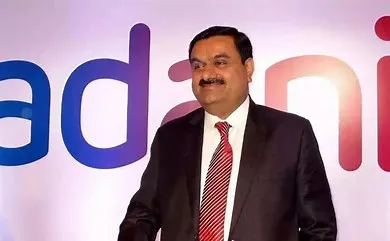The ongoing celebrations of Rashtriya Sahakar Saptah, observed from November 14 to 20, have brought renewed focus on the pivotal role cooperative societies play in the development of both Gujarat and the nation. Among the key institutions, Gujarat’s Amul has emerged as a global benchmark for excellence in the cooperative sector, symbolizing the success of cooperative movements in India.
Cooperative Societies in Gujarat: A Major Force
With a membership base of approximately 1.71 crore people, Gujarat is home to more than 89,000 cooperative institutions. This widespread involvement in cooperative societies means that one in every four Gujaratis is part of a cooperative. The state has seen significant growth since the establishment of its first cooperative society, the “Anyonya Sahakari Mandali” in Vadodara in 1889. Today, Gujarat boasts 89,221 cooperative institutions, marking a remarkable increase from the 13,959 societies present when the state was formed.
The Gujarat government has been at the forefront of supporting the state’s agricultural and rural economy through various cooperative initiatives. Over the past three years, more than 48 lakh farmers have benefited from Rs 3,056 crore in interest subsidies under government credit facilities, enabling them to access loans at zero percent interest. This assistance is made possible by contributions from both the Central and State Governments.
Additionally, interest subsidies have been extended to support livestock farmers and fishermen. Rs 19.31 crore in subsidies were provided for livestock loans, while fishermen received Rs 78 lakh in subsidies to boost their activities.
To further enhance the agricultural sector, the Gujarat government has offered a 25% capital subsidy for the construction of warehouses, with a cap of Rs 5 lakh per farmer. In the past three years, Rs 15 crore has been allocated to 559 farmers to build storage facilities. This initiative aims to improve grain availability and crop storage capacity across the state.
Skill Development and Cooperative Management
The state has also focused on skill development for cooperative society members. The Gujarat government has provided an annual grant of Rs 2.5 crore to the State Cooperative Federation, training over 3.57 lakh members and board members on cooperative laws, regulations, and efficient management.
In addition to these agricultural initiatives, Gujarat has invested in the infrastructure development of its market committees. Through the “Kisan Kalpavriksh Yojana,” Rs 54.55 crore has been allocated to 72 market committees in the last three years for the construction of auction sheds, weighbridges, and other essential facilities. These improvements aim to ensure fair prices for farmers’ produce and support the growth of the agricultural market.
The state has taken significant steps toward digitalizing cooperative societies. In 2022, the state launched the e-Cooperative portal for the online registration of cooperatives, ensuring transparency and easy access to financial information. Since its launch, 2,138 new registrations and 682 renewals have been processed through the portal.
Legal reforms have also been introduced to streamline operations within cooperatives. For example, all cooperatives now have to follow an e-tendering process for purchases above Rs 5 lakh, while laws regarding cooperative elections and transfer fees for housing societies have been updated.
Cooperative societies in Gujarat have also enhanced the benefits offered to their members. Historically, societies would distribute dividends of up to 15%, but now, the maximum dividend payout has been increased to 20%, benefiting millions of members across the state.
The national leadership has also played a pivotal role in boosting the cooperative movement. Under the guidance of Prime Minister Narendra Modi, the Ministry of Cooperation was established in 2021, and Union Home Minister Amit Shah has taken significant steps to implement reforms and welfare measures aimed at strengthening cooperatives. In Gujarat, Chief Minister Bhupendra Patel and Cooperation Minister Jagdish Vishwakarma have worked in tandem to ensure the continued success of cooperative societies, ensuring that they remain an integral part of the state’s socio-economic framework.
The role of cooperative societies in Gujarat continues to be a cornerstone of the state’s development. With ongoing government support and a focus on innovation, infrastructure, and fair market practices, Gujarat’s cooperatives are poised to play an even more significant role in the future, benefitting millions of citizens.














